
In Defense of Free Capital Markets
The Case Against a New International Financial Architecture
Recommendation
Yale University adjunct professor David F. DeRosa argues that markets are smarter than government ministries. Therefore, he contends, economic development should be left to the free market, since tighter regulations will only distort development. His detailed analysis of economic conditions focuses on factors leading to several crises, including the decline of the Mexican and Japanese economies in the 1990s and the Southeast Asian collapse of 1997. The subject is complicated and interesting, and the writing is often technical and sometimes complex.getAbstract calls this book to the attention of scholars, executives and managers who have a serious interest in fiscal policy. And we do mean serious.
Summary
About the Author
David F. DeRosa , Ph.D., is the president of DeRosa Research and Trading. He is an adjunct professor of finance and a fellow of the Center for International Finance at the Yale School of Management. He writes a column on international finance and politics for Bloomberg News.








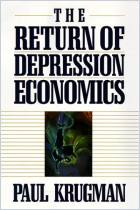
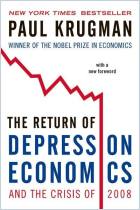
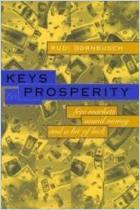
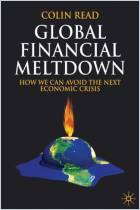
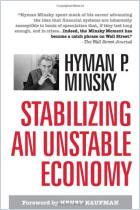
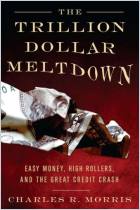




Comment on this summary or Start Discussion